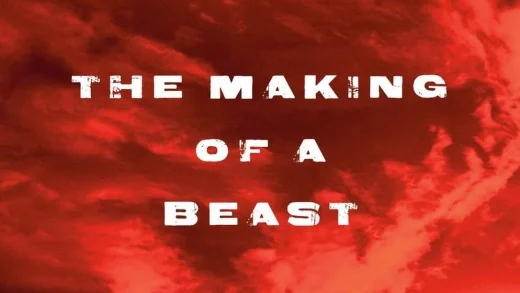:format(webp)/https://www.thestar.com/content/dam/thestar/entertainment/music/2022/12/12/tso-conductor-gustavo-gimeno-embraces-the-tradition-of-handels-messiah-for-the-first-time-in-his-career/gustavo_gimeno_conducting_the_toronto_symphony_orchestra.jpg)
Since its Dublin premiere 280 years ago, George Frideric Handel’s “Messiah” has established itself as one of the most beloved choral works in Western music. Its text is firmly rooted in Christian scripture but its overarching message of hope, peace and goodwill, buoyed by music of emotional depth and transcendent beauty, has given “Messiah” the power to uplift audiences of diverse faith traditions. It is simply a magnificent musical experience.
In the English-speaking world “Messiah,” although originally performed close to Easter, is most often associated with Christmas. For the Toronto Symphony Orchestra it has very much become an annual tradition, one that Gustavo Gimeno is eager to experience for the first time in his musical career.
For a conductor of such wide-ranging experience this might almost seem like an oversight except, as Gimeno explained, continental Europe has a different relationship with the German-British composer’s famous oratorio.
“Musically speaking, I grew up in the Netherlands where the Bach passions — Saint John and Saint Matthew — were more the tradition. That’s not to say Messiah is not popular in Europe but it’s performed more by smaller orchestras who play on period instruments.”
As music director, Gimeno could have easily assigned “Messiah” to a guest conductor and started his Christmas vacation a little sooner. His decision to pick up the baton himself is a reflection of how Gimeno views his relationship with the TSO and with the city itself.
“Messiah is a great composition that I want to experience. It’s a Toronto tradition and I am the music director and I think I have a responsibility. I know I will be a better musician after I’ve done it than I am now.”
And it took a lot of work, especially because Gimeno wanted to return to the original score rather than pick up an existing arrangement.
“In the original score there is very limited information. There are notes. There are rhythms. There is the text, but basically there are no articulations, no dynamics. You have to make your own decisions about all that. I can say that studying Messiah has been an incredibly challenging task for me; much more than a Russian opera.”
It explains why Gimeno has used every spare moment for almost the past year immersing himself in the musical and spiritual world of “Messiah.”
The TSO is far from alone in celebrating the season with “Messiah.” The Elmer Iseler Singers were first out of the gate this year with a Dec. 9 concert. Rather like “The Nutcracker” ballet, “Messiah” can also be experienced in community-based productions such as the Toronto Beach Chorale’s Dec. 11 concert at Kingston Road United Church. Among professional presentations, Tafelmusik’s has built itself a loyal audience. With instrumental and vocal forces roughly half the size of Gimeno’s, Tafelmusik returns Dec. 16 and 17 to the unrivalled acoustics of the TELUS Centre’s 1,135-seat Koerner Hall with the baroque orchestra’s historically-informed, period instrument version of Handel’s masterwork, conducted as it has been since time immemorial by Ivars Taurins.
In 2010 and 2015 the TSO went really big with conductor laureate Sir Andrew Davis’s “Mega Messiah,” complete with marimba and a Middle-Eastern percussion instrument called a darabuka. Gimeno, calibrating his approach to capture the refinement of Handel’s music while projecting it into a 2,630-seat hall, is opting for relatively modest forces with roughly 40 players. To give a greater sense of unity, he is also moving the Toronto Mendelssohn Choir from its usual perch in a loft up and behind the orchestra down to stage level.
Said Gimeno: “I think it’s a good compromise between the intimacy and the texture that I think is appropriate for Messiah. Having the choir on risers directly behind the orchestra will allow us to create one unique sound in a real collaboration.”
“Messiah,” Toronto Symphony Orchestra; Dec. 17-21, Roy Thomson Hall, 60 Simcoe St.; tso.ca/concerts-and-events or 416-598-3375 (Toll Free: 1-855-593-7769).
JOIN THE CONVERSATION


